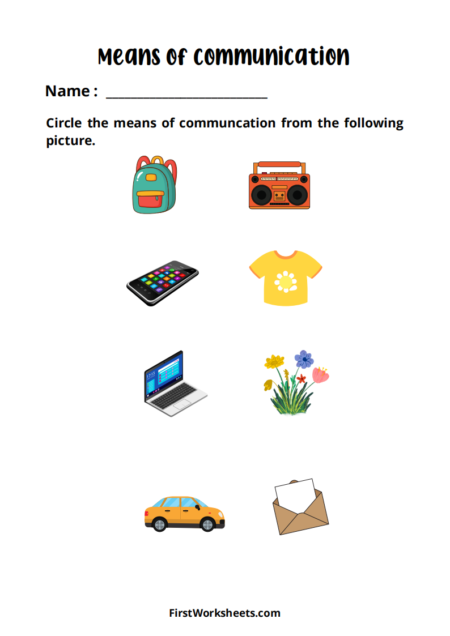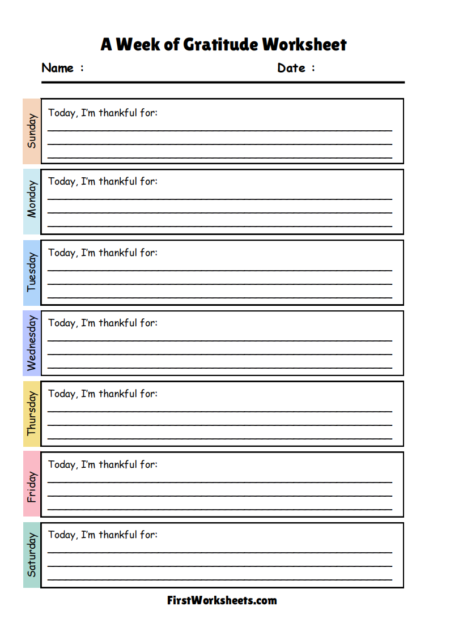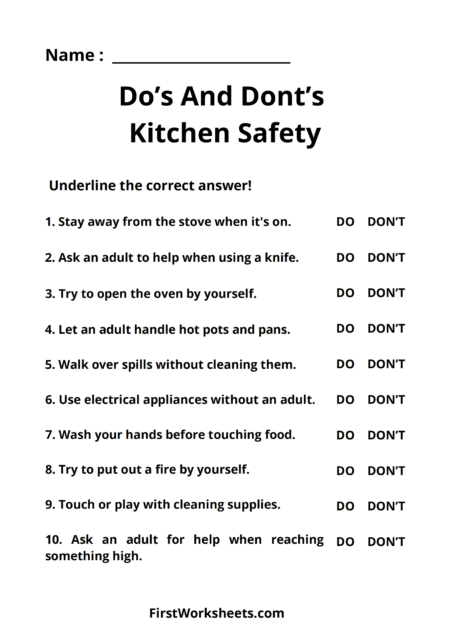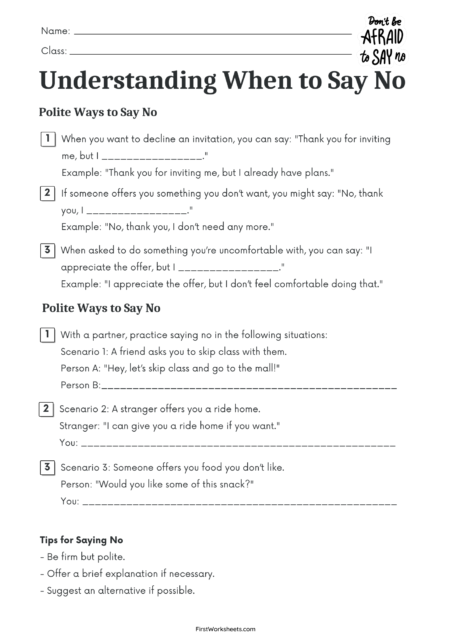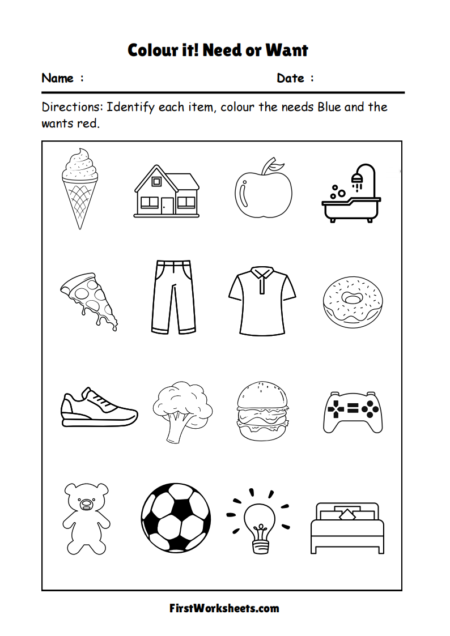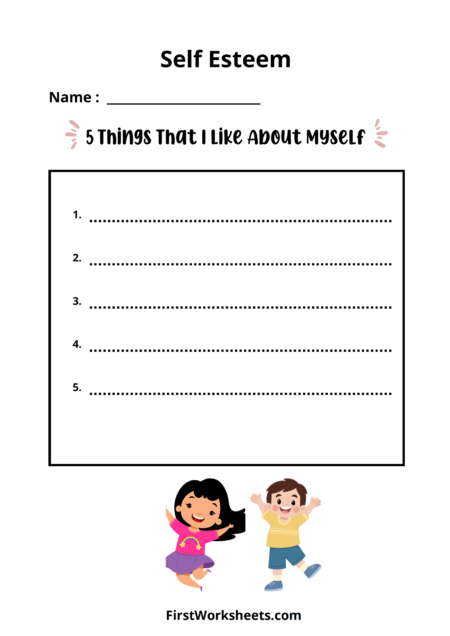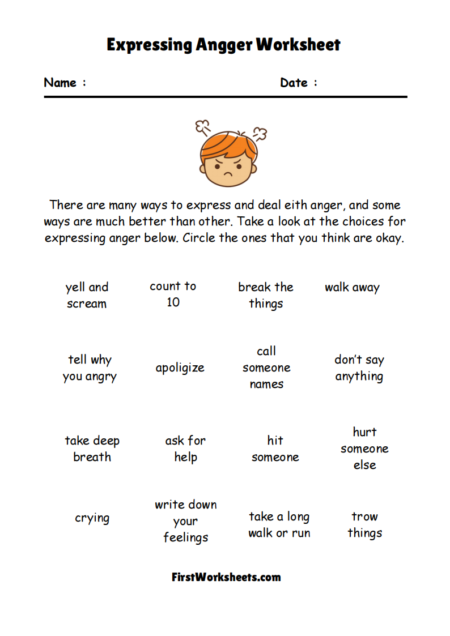Skills Worksheets
Skills worksheets are focus on enhancing a particular skill set. These can range from basic arithmetic and grammar to advanced problem-solving and critical thinking abilities. The primary purpose of skills worksheets is to provide structured practice in a specific area, enabling students to master the necessary competencies for academic success.
Types of Skills Worksheets
Skills worksheets can be categorized based on the subject matter and the skills they aim to develop. Here are some common types:
- Math Skills Worksheets: Cover fundamental arithmetic operations, fractions, decimals, percentages, and algebraic expressions.
- Reading and Comprehension Skills Worksheets: Improve reading fluency, comprehension, vocabulary, and critical analysis of texts.
- Writing Skills Worksheets: Enhance grammar, punctuation, sentence structure, and creative writing abilities.
- Science Skills Worksheets: Delve into scientific concepts, experiments, and analytical skills.
- Social Studies Skills Worksheets: Cover historical events, geography, civics, and cultural studies.
Additional Skills Worksheets
From the provided resource, additional skills worksheets include:
- Adapting Speech: Modify how a previous speech is delivered for different situations or audiences.
- Bell Work: Engage students in learning and prepare them for the day ahead.
- Bilateral Coordination: Improve coordination between both sides of the body.
- Brainstorming: Generate new ideas, solve problems, and make decisions.
- Citing Sources: Properly give credit to authors and locate original sources.
- Communication: Enhance personal relationships and academic success.
- Conflict Resolution: Resolve disputes, disagreements, or misunderstandings.
- Daily Routine: Provide structure and consistency for physical and mental health.
- Decision Making: Come to better outcomes quicker.
- Dictionary Skills: Improve vocabulary and communication effectively.
- Digital Media: Learn to digest information from digital sources.
- Discussion Stems: Initiate or guide conversations and discussions.
- Diverse Perspectives: Understand different cultures, beliefs, and values.
- Evaluating Credibility: Spot expertise or reputation in various mediums.
- Fine Motor Skills: Perform precise movements with hands and fingers.
- Forgiveness: Let go of resentment or anger towards others.
- Grief: Overcome challenges and sensitivities of grief.
- Infographics: Use and create visually appealing communication tools.
- Life Skills: Navigate challenges and complexities of daily life.
- Listening Skills: Enhance communication abilities.
- Mindfulness: Maintain awareness and focus on the present moment.
- Needs and Wants: Classify desires and requirements.
- Note Taking: Write effectively to improve retention.
- Personal Hygiene: Maintain cleanliness and prevent illness.
- Primary and Secondary Sources: Identify and value different types of information.
- Pros and Cons: Make decisions by comparing advantages and disadvantages.
- Reference Tools: Find information, conduct research, and organize work.
- Research: Form research questions and summarize findings.
- Self Esteem: Build confidence and self-worth.
- Social Skills: Interact effectively with others.
- Study Skills: Develop effective learning strategies.
- Thesaurus: Find synonyms, antonyms, and related words.
- Visual Memory: Improve memory retention through visual aids.
Benefits of Using Skills Worksheets
Skills worksheets offer numerous benefits for both students and educators. Some of the key advantages include:
- Focused Practice: Skills worksheets allow students to concentrate on a specific skill or concept, providing ample opportunities for practice and mastery.
- Individualized Learning: These worksheets can be tailored to meet the needs of individual learners, catering to different learning styles and paces.
- Reinforcement of Concepts: Skills worksheets reinforce classroom instruction, helping students retain and apply what they have learned.
- Assessment and Feedback: Educators can use skills worksheets to assess student understanding and provide constructive feedback, identifying areas that need further attention.
- Encouragement of Independent Learning: By working on skills worksheets, students develop self-discipline and confidence in their abilities, fostering a sense of independence.
Skills worksheets are valuable educational tools that offer focused and structured practice to enhance specific skills. By providing individualized learning opportunities, reinforcing classroom concepts, and fostering independent learning, skills worksheets play a crucial role in student development and academic success. When designed and implemented effectively, they can significantly contribute to a well-rounded and engaging educational experience.
